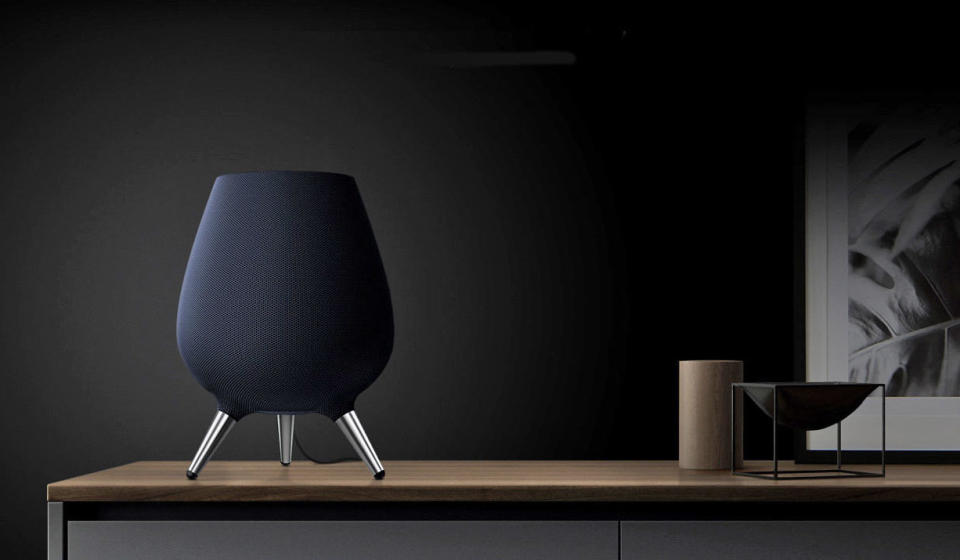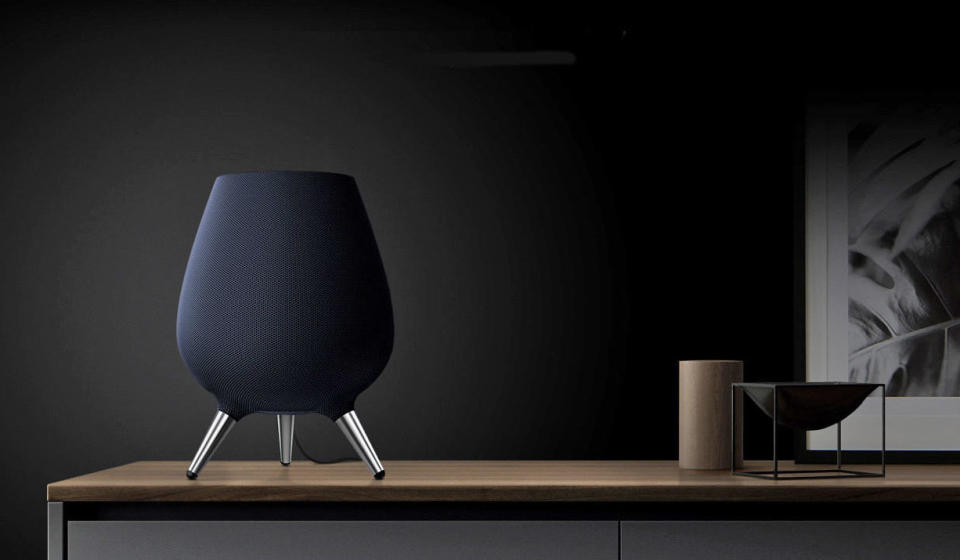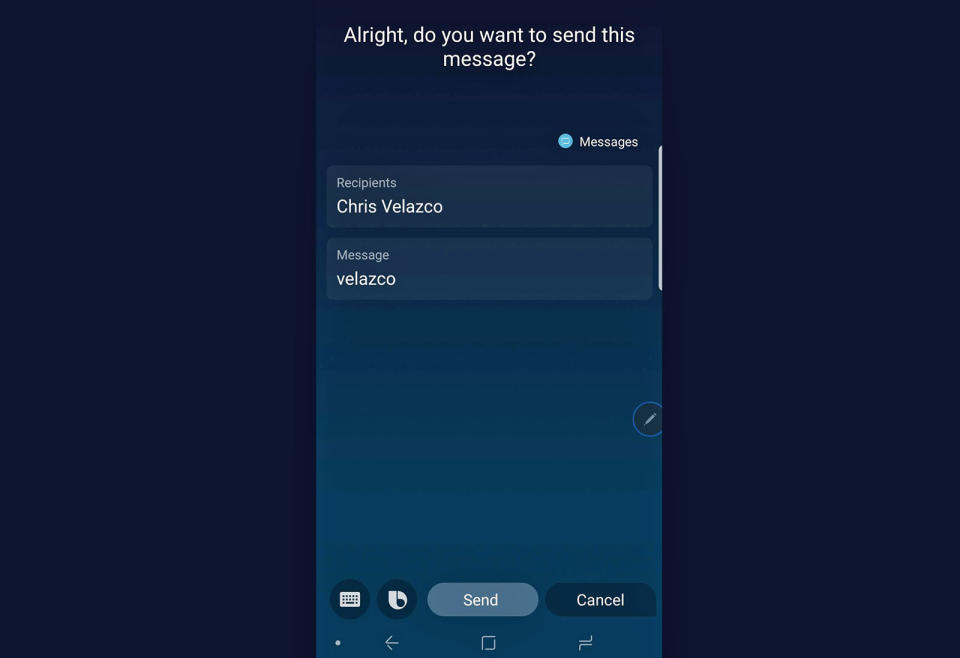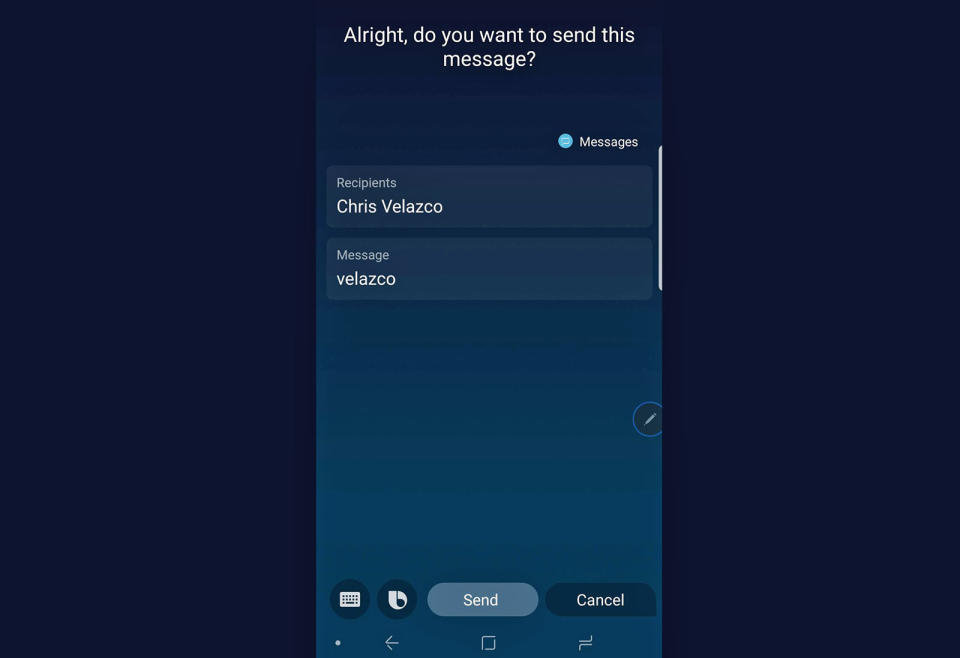Bixby still isn’t smart enough for a speaker
Samsung’s digital assistant doesn’t seem ready for a new home.
As it gears up to move into a new home (a Galaxy Home, to be specific), Bixby is far from ready. Samsung's digital assistant has become infamous for its tardiness, and even after showing up late to the AI party, Bixby doesn't have much to show for the extra time. It's not smarter than the rest and doesn't offer any new tricks, even in the recently announced Galaxy Home, other than perhaps better sound quality. As much as I'm excited about Samsung potentially giving Amazon, Google and Apple some competition in the smart speaker space, I'm pretty sure they have nothing to worry about, if my time with Bixby on the Note 9 is any indication.
To be clear, Samsung still hasn't launched the Bixby-powered Galaxy Home speaker, and no one seems to have published an in-depth hands-on with it. The AI I tested on the Note 9 was pre-release software and might still be improved by the time the company's developer conference rolls around in November, by which time Samsung says it will have more to share. That's just under three months away -- not a lot of time to fix such a broad array of issues. And based on precedent, Bixby's problems can't be solved with even a year of work, let alone a few months. It's as if Samsung put the pie in the oven without turning it on and keeps taking it out to see if it's cooked. It's not.
On the surface, Bixby seems to function fine. It can pull up nearby restaurants via Yelp, tell me the day's weather forecast, get directions to my destinations and play music from Spotify, for example. If you ask it a follow-up question, the assistant understands the context and gives you answers without you having to repeat earlier parameters, making the experience feel more conversational. Its Bixby Vision feature even uses the camera to help you interpret things in the world around you. But its results fall short of the competition.
When I asked Siri, Google Assistant and Bixby for directions to the High Line in Manhattan, both Apple and Google gave me results via their respective maps. Bixby gave me Uber travel times instead, repeatedly asking me what type of Uber I wanted. That's alright if you already know you want to take a car, but sometimes a girl's gotta save money and take the train. In this case Bixby's results only enable bad habits.
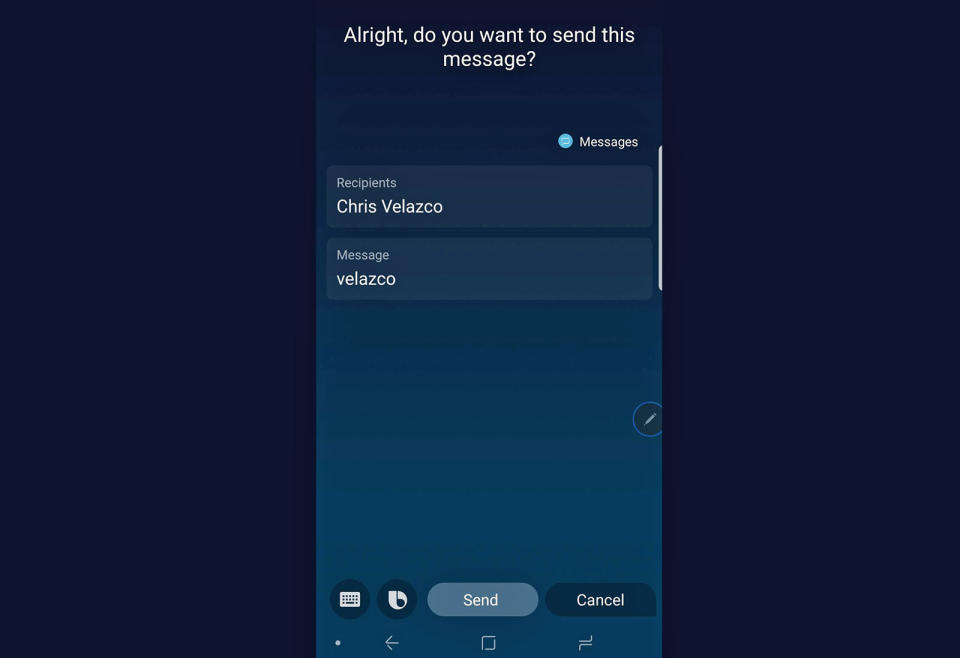
When I asked the three assistants to "text Chris Velazco," the iPhone and Pixel were able to connect me to the right Chris, but Bixby wanted to tell one of the five Chrises in my phone the message "Velazco." It's little things like this that make Bixby feel clunky and unhelpful.
These experiences were sometimes made less frustrating thanks to visual cues on the phone, like on-screen answers and suggested follow-up questions. But the upcoming Galaxy Home is a speaker and doesn't have a display.
In an audio-only format, it's extremely important for an assistant to consistently understand what you're saying. But from my experience, Bixby doesn't truly hear me. I asked Bixby and Google Assistant to remind me to "take a photo of receipt tonight." Google interpreted what I said correctly, but Bixby thought I said "take a photo of her seat tonight." I don't even know what that means.
While Bixby Vision is indeed useful at times, it's not a feature you can use in a speaker. It's been two years since Samsung first launched the assistant on the Galaxy S8 and S8 Plus, and it doesn't appear to have made many meaningful improvements -- not enough to convince me that Bixby can effectively underpin a smart speaker, anyway. Samsung has a lot of work to do before it should even think about launching the Galaxy Home this year.
